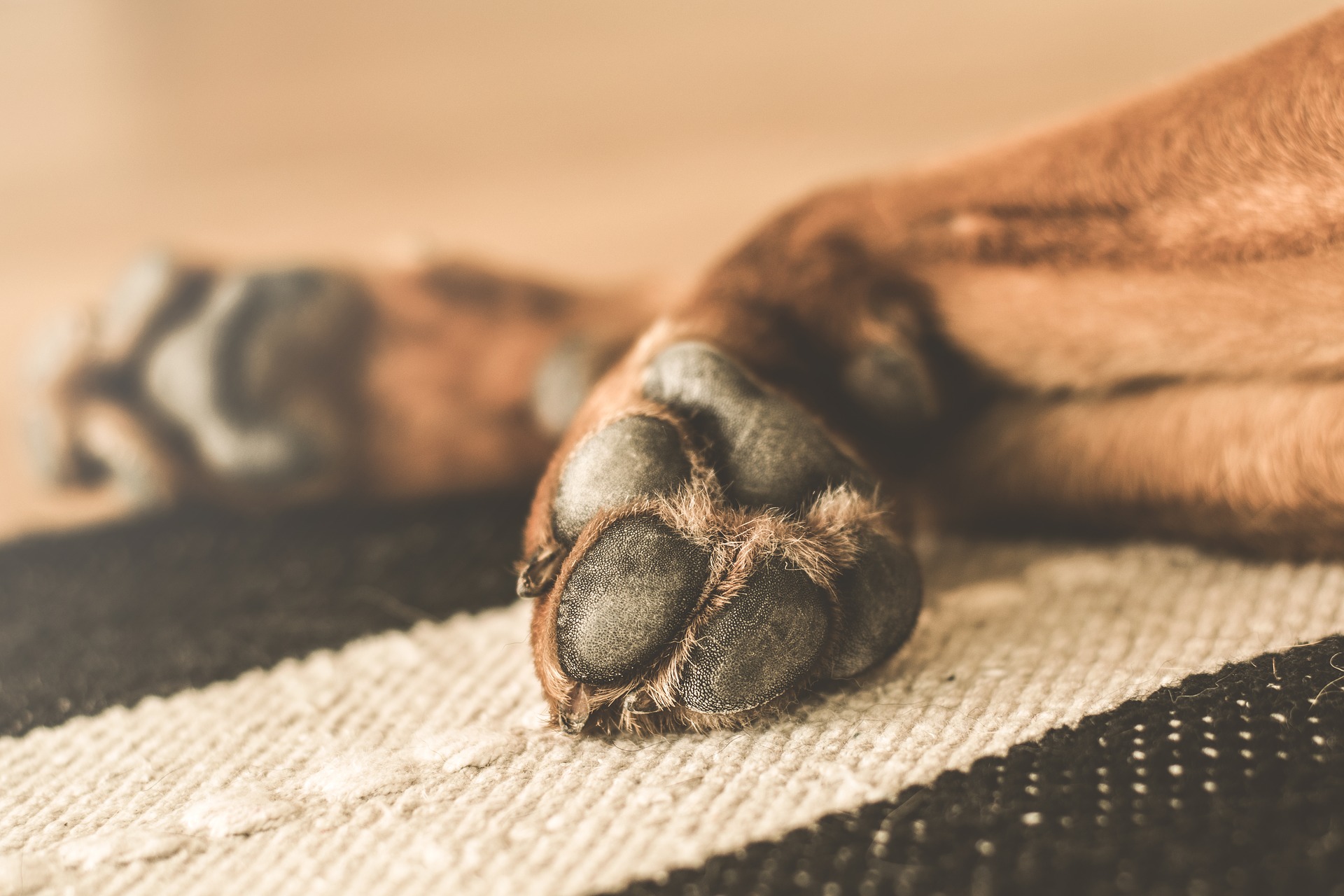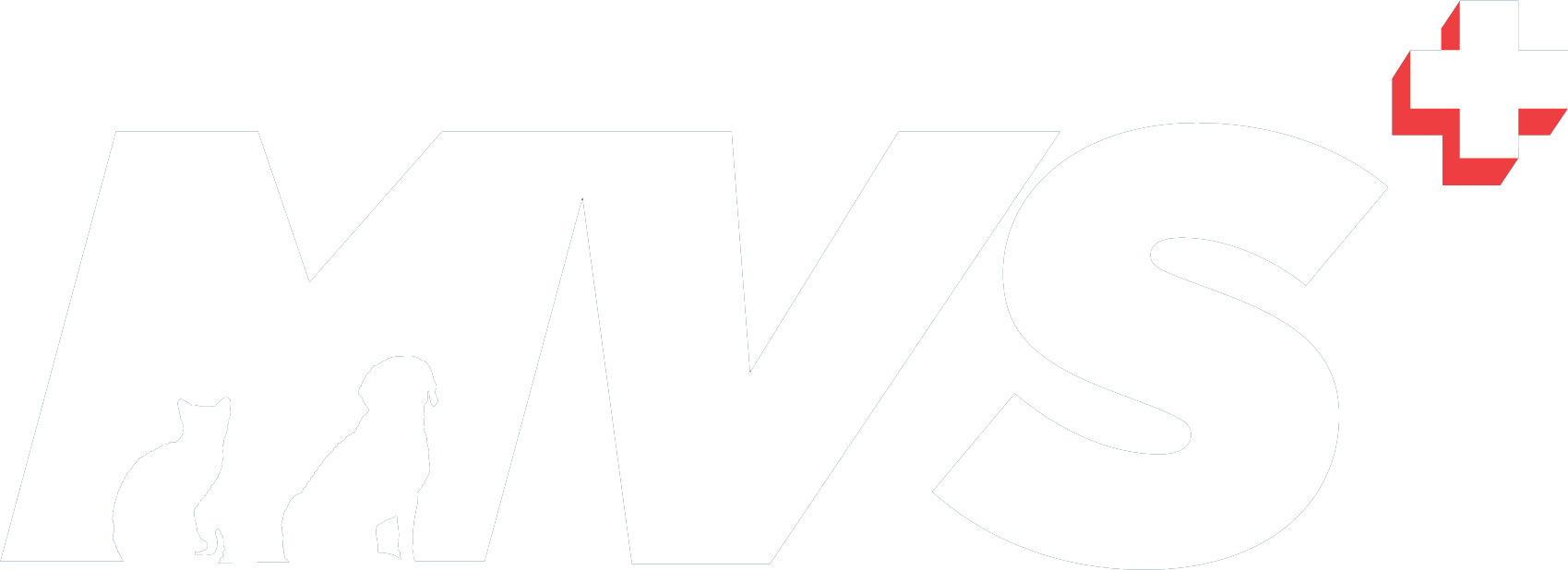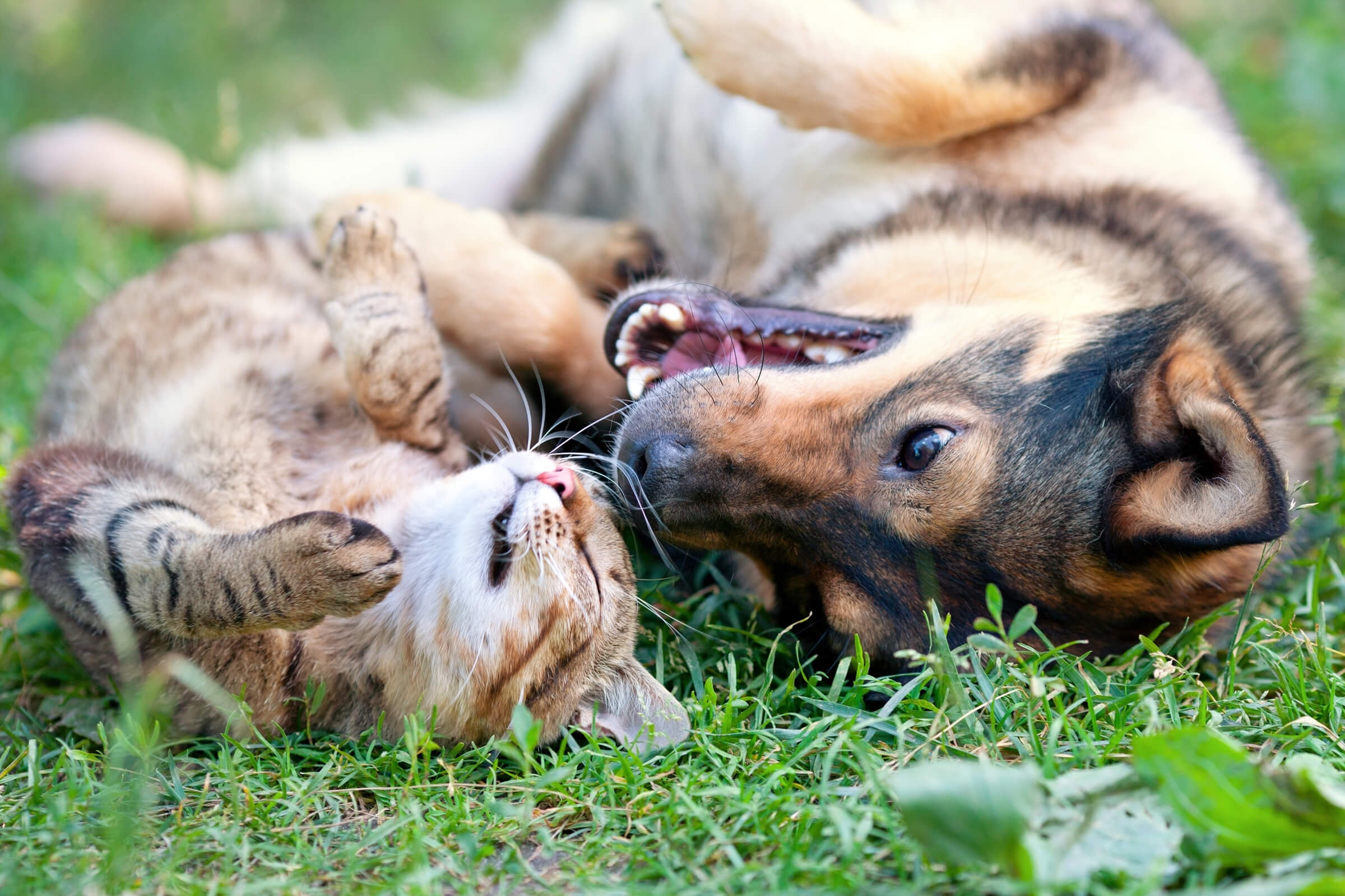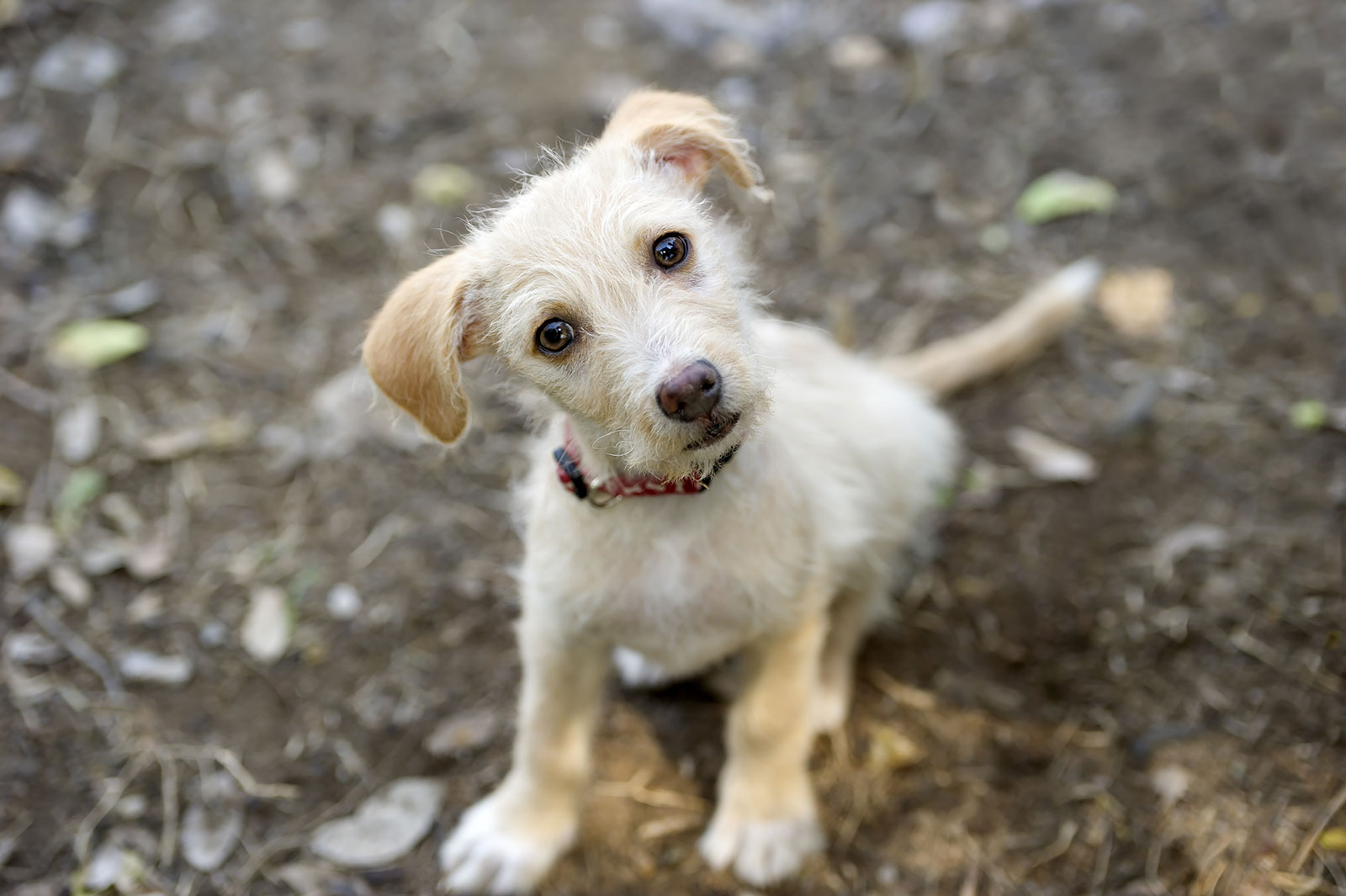
 Menu
Menu
Un-united anconeal process

Un-united anconeal process
The anconeal process is a prominence at the top of the ulna, which articulates with the humerus at the back of the elbow joint. This section of bone develops as a separate piece of bone in some breeds, such as German shepherd dogs.
The underlying cause of this condition relates to increased pressures on the anconeal process when the joint does not fit together properly. The fragment can then become loose and this is often when lameness develops.
Treatment options
Non-surgical / Conservative care
This is often an ineffective treatment for this condition and would therefore not commonly be offered.
Surgical
- Reattaching of the anconeal process
- Osteotomy
- Fragment removal
A screw can be placed into the fragment to try and fuse the process back onto the main shaft of the ulna. If this procedure is preformed alone, the screw will frequently break and the outcome will be unsuccessful. This procedure therefore is combined with an osteotomy of the ulna to relieve the pressure on the anconeal process to give it the best chance to reattach.
An osteotomy is where the bone is cut. In this situation, the ulna is cut, frequently at the top of the bone. This allows pressure to be relieved on the anconeal process and give it the best chance to reattach. This procedure can be performed in isolation but for the best results it is often combined with screw reattachment of the anconeal process.
In some cases, the anconeal process bone fragment can be removed. This is usually reserved for more chronic cases, cases with very mobile and isolated fragments, older patients which have not had the condition diagnosed until later in life or where other treatments have failed.
Stay in touch
Follow us on social media and keep up to date with all the latest news from the MVS clinic.



